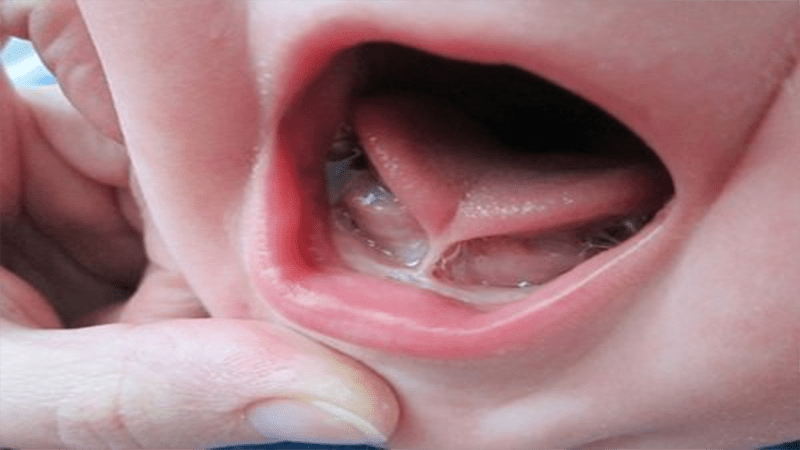Tongue-tie
& Infant
Feeding
Course
With 15% off Early Bird Discount
Tongue-tie is often misdiagnosed and there are many unhelpful myths surrounding this condition. This unique online course is perfect to help you better guide and support families who have babies with tongue-tie, plus enhance your skills as an in-demand professional in the sectors of health, childcare, or postnatal maternity care.
The advanced syllabus in our course has been created with Sarah Oakley, leading expert, IBCLC & Tongue-tie Specialist.
The in-depth training will support you to gain a deeper understanding of the different types of tongue-tie, the assessment processes used and the possible treatment available. You will also learn how to sign-post parents quickly and effectively to get the right help, and know the effects tongue-tie has on other areas such as feeding and speech.
This course may also provide some inspiration and direction to those interested in pursuing a pathway to becoming a tongue-tie practitioner. However, this course will in no way enable you to train in division.


































